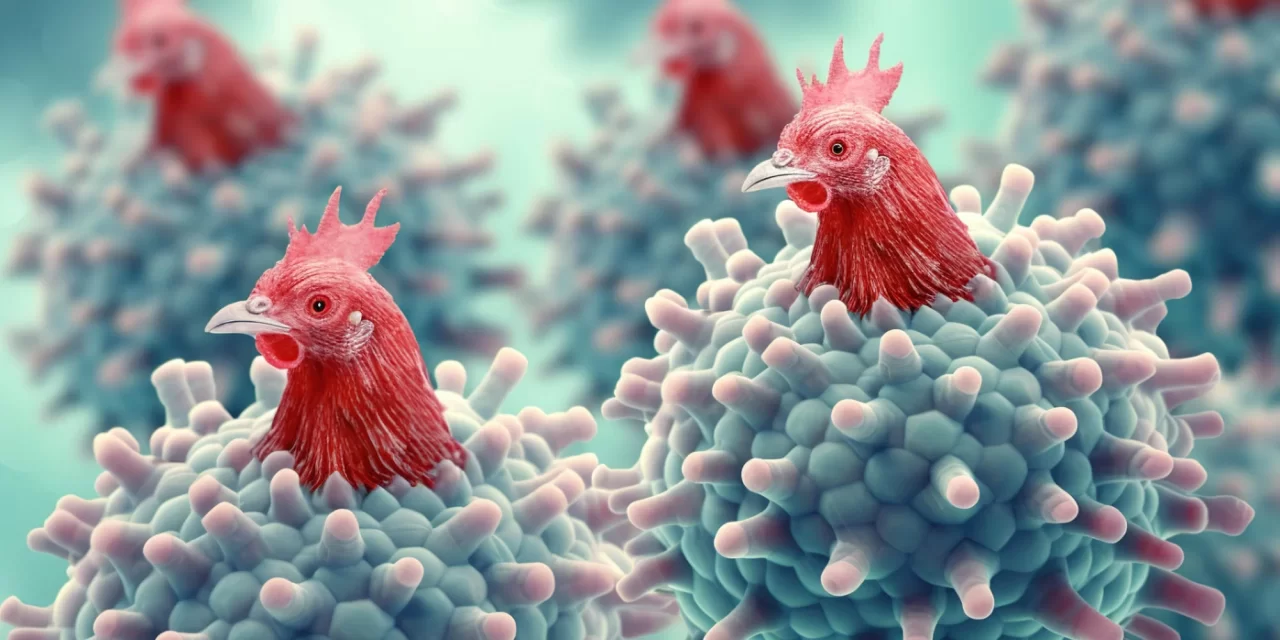Lower Saxony, Germany – A rare and highly pathogenic strain of H7N5 bird flu has been detected on a farm in the western part of Germany, near the border with the Netherlands, according to a report from the World Organisation for Animal Health (WOAH). The outbreak, which occurred in the town of Bad Bentheim in Lower Saxony, marks the first recorded instance of H7N5 on WOAH’s public records since they began tracking global animal disease outbreaks in 2005.
The outbreak, first detected on June 29 and confirmed on July 2, resulted in the deaths of 6,000 birds out of a flock of 90,879. This substantial loss underscores the severity of the H7N5 strain, which differs from the more widely known H5N1 strain that has caused significant damage to bird populations and has even spread to mammals and some humans worldwide.
Implications for Animal Health
The emergence of H7N5 raises new concerns for both local and global animal health. While the H5N1 strain has been extensively studied and monitored due to its high transmissibility and impact, the H7N5 strain represents a new challenge. The lack of prior recorded outbreaks of H7N5 means there is limited data on its behavior, transmission, and potential impact on both avian and other animal populations.
Response and Containment Efforts
German authorities are taking swift action to contain the outbreak and prevent further spread. Measures include culling affected and potentially exposed birds, imposing movement restrictions on poultry within the affected region, and enhancing surveillance and biosecurity protocols on farms across the country. Collaboration with Dutch authorities is also crucial, given the proximity of the outbreak to the border.
Global Perspective and Future Precautions
This rare outbreak underscores the importance of continuous vigilance and preparedness in managing animal diseases. The WOAH and other international bodies are likely to intensify monitoring efforts and research into the H7N5 strain to better understand its characteristics and develop effective countermeasures.
The agricultural sector, particularly poultry farmers, must remain alert and adhere to stringent biosecurity measures to mitigate the risk of future outbreaks. Public health authorities will also need to stay informed and prepared for any potential spillover effects to other animal populations or humans, though current data does not indicate such a risk with H7N5.
As the situation evolves, further updates from German authorities and international health organizations will be crucial in managing this unprecedented outbreak and safeguarding both animal and public health.












